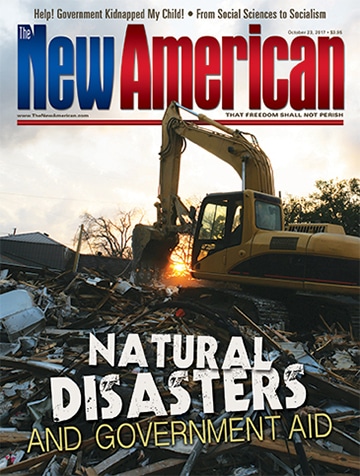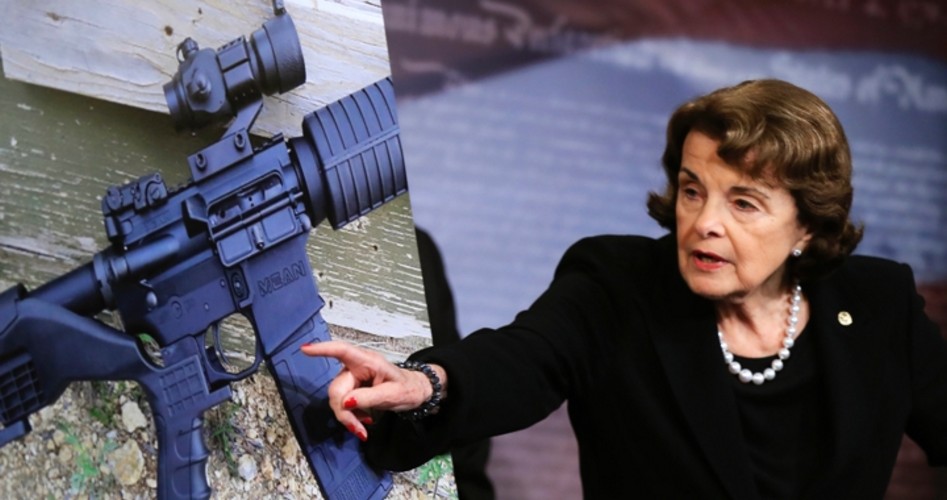Is Gun Control the Answer to Mass Shootings?
In the wake of the awful mass shooting in Las Vegas, anti-gun interests across the nation wasted no time politicizing this latest American tragedy. We have heard the arguments before, every time a terrorist or deranged gunman slaughters the innocent in a public place: Certain types of firearms have no place in civilian hands, and should be banned. America now has tens of thousands of gun laws on the books, from the local to the federal level, measures banning or severely limiting private access to hundreds of types of firearms and firearms accessories, from fully-automatic weapons to high-capacity magazines to silencers. The severity of gun laws varies significantly from state to state, ranging from jurisdictions such as Alaska, Arizona, and Vermont, where state and local gun laws are very limited, to the likes of New York, New Jersey, Illinois, and California, where large numbers of firearms are prohibited in private hands, and government permits to carry a weapon are difficult if not impossible to procure.
All but the most extreme anti-gun voices concede that, under the Second Amendment, private citizens have the right to own some firearms. But, they typically add, such rights do not extend to the freedom to carry weapons in public places, nor to own modern, high-capacity, rapid-fire weapons, and the federal government therefore should do everything it can to outlaw the private ownership of weapons deemed a threat to public safety. Are they correct?
In the first place, the wording of the Second Amendment is clear: Its purpose is to protect the right to keep and bear (i.e., own and carry) arms, in order that (among other things) a well-regulated militia may be maintained. The connection between militias and private gun ownership, once well-understood, has been obscured by legal sophistry. A militia, unlike a professional military, is a private armed force available when needed to come to the defense of the commonwealth, either on its own account or alongside professional military forces. Under the Constitution, both Congress and the states have authority over the militia, as spelled out in Article I, Section 8:
JBS Member or ShopJBS.org Customer?
Sign in with your ShopJBS.org account username and password or use that login to subscribe.

 Subscribe Now
Subscribe Now
- 24 Issues Per Year
- Digital Edition Access
- Exclusive Subscriber Content
- Audio provided for all articles
- Unlimited access to past issues
- Cancel anytime.
- Renews automatically

 Subscribe Now
Subscribe Now
- 24 Issues Per Year
- Print edition delivery (USA)
*Available Outside USA - Digital Edition Access
- Exclusive Subscriber Content
- Audio provided for all articles
- Unlimited access to past issues
- Cancel anytime.
- Renews automatically


